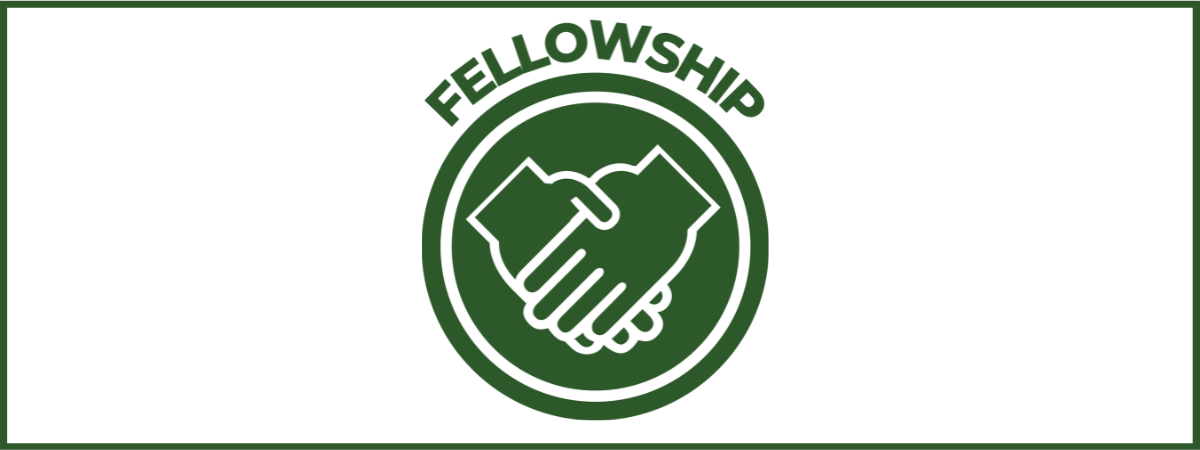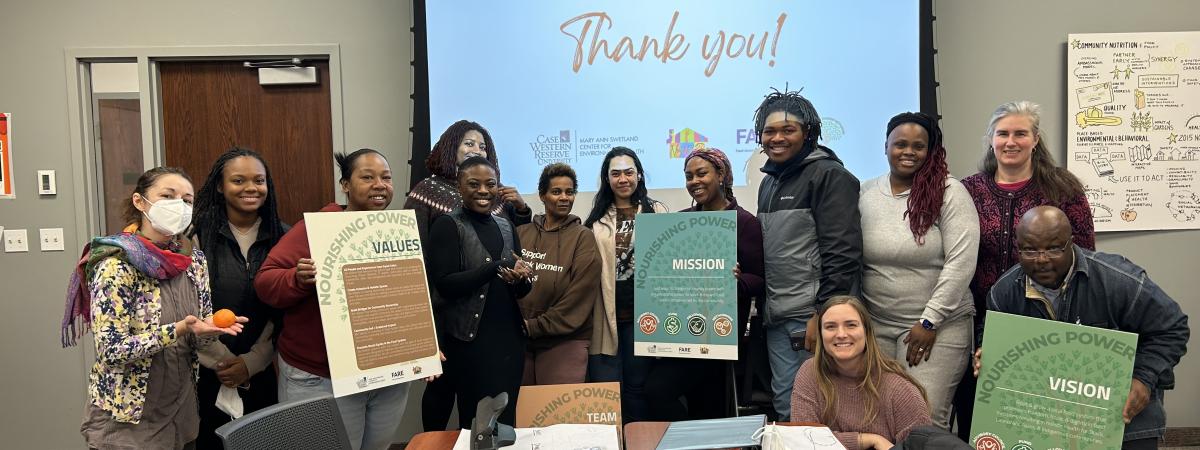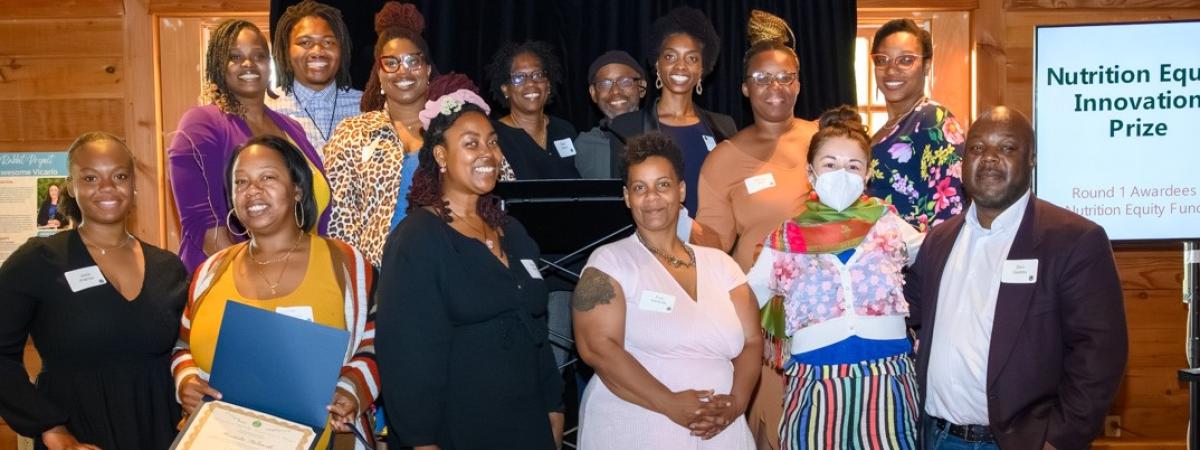What is the goal of the Nourishing Power Fellowship?
- Grow your vision for food justice
- Create a plan for community action
- Expand your leadership capacity
- Grow your network of supporters
The Nourishing Power Fellowship is a 6-month program that seeks to increase access to networks and resources among emergent leaders from Asian, Black, Indigenous, and Latino/a/x communities, who are innovating food systems change.
The Fellowship included two themed cohorts informed by stakeholder feedback. Cohort 1 (December 2022 - May 2023) focused on food systems change to promote maternal, child, and family health. Cohort 2 (November 2023 - May 2024) focused on engaging teams of two who want to grow their vision to spark and expand supply and demand for culturally relevant and nutritious foods created by Asian, Black, Indigenous, and Latino/a/x food growers and makers.
By the end of each 6-month Fellowship, emergent leaders will:
- Develop a transformation proposition and 12-month action plan to advance nutrition equity through community-driven food systems change.
- Establish a social network with key partners to support community action that results in freedom, agency, and dignity in food traditions resulting in people and communities healthy in body, mind, and spirit.
- Increase capacity and skills to engage others in community-driven food systems change that helps people meet food needs with dignity, balances supply and demand of fresh and healthy foods in neighborhoods, and/or promotes community empowerment and food sovereignty.
- Increase access to key resources (i.e., capital, information, influence) to translate visions for food systems change into real world action.
Learn more about the opportunity and watch the recording of the Fellowship Graduations (Cohort 1 and Cohort 2) to see the amazing work of our Fellows!
Contact nourishingpower@case.edu with questions.
The Nourishing Power Fellowship is part of the Nourishing Neighborhoods, Empowering Communities study conducted by Case Western Reserve University in partnership with Neighborhood Connections and The FARE Project.




